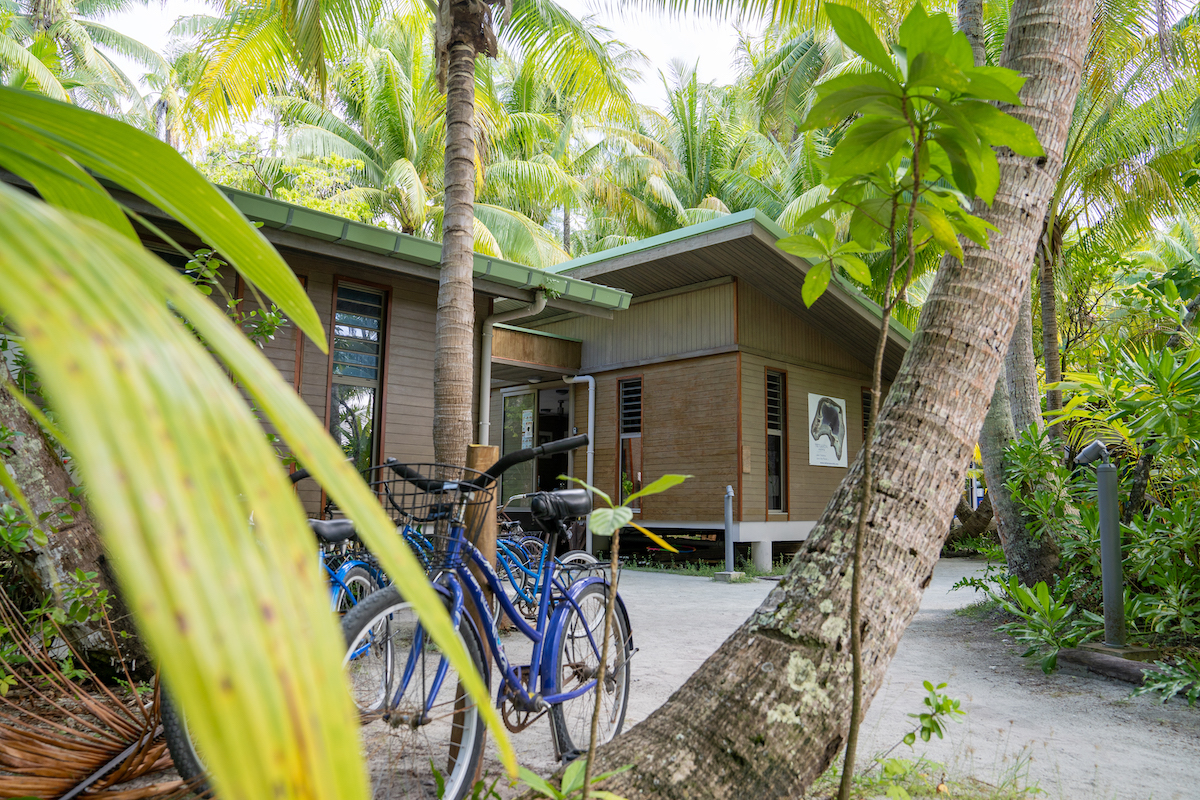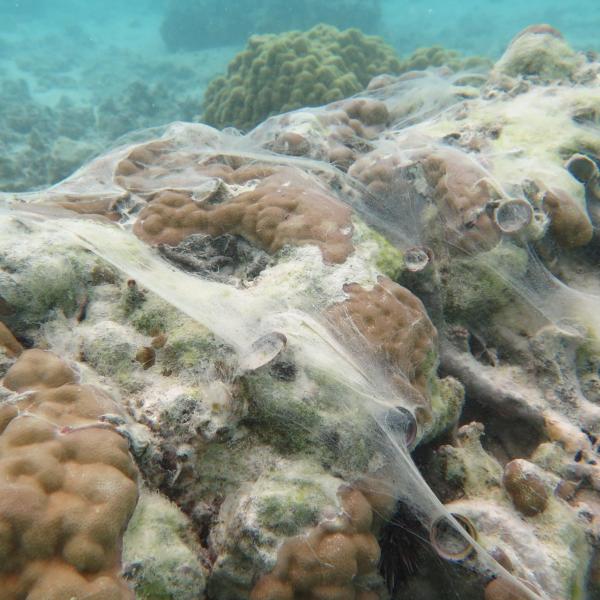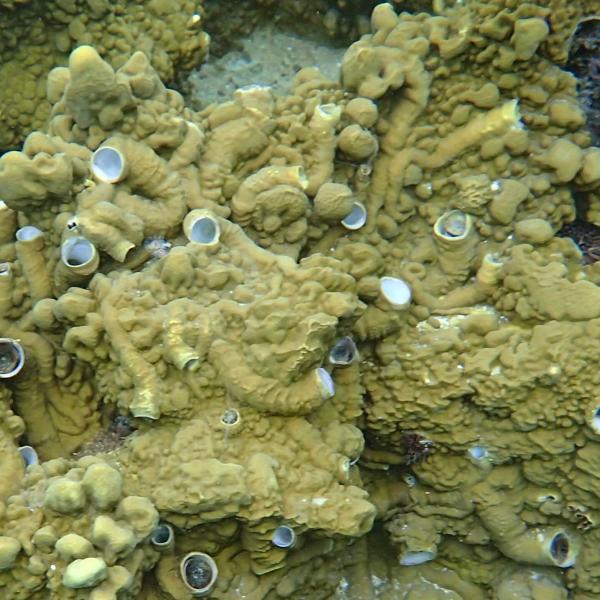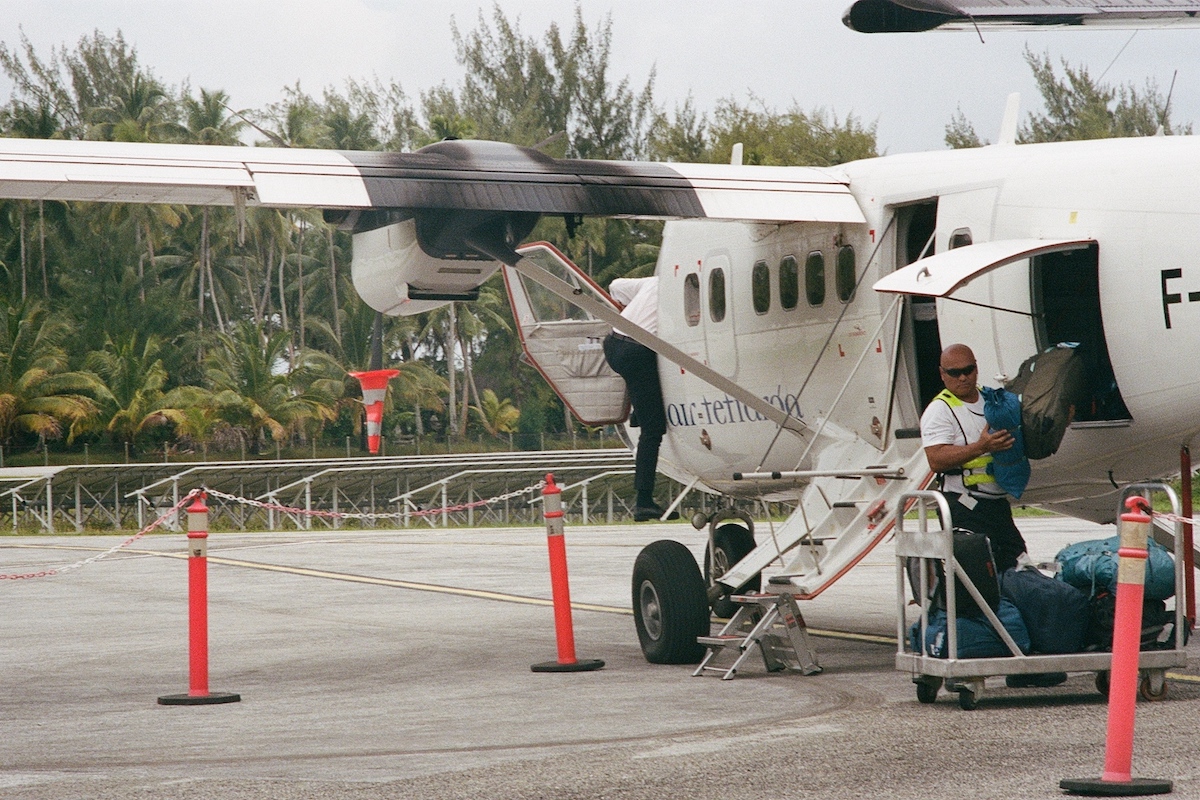
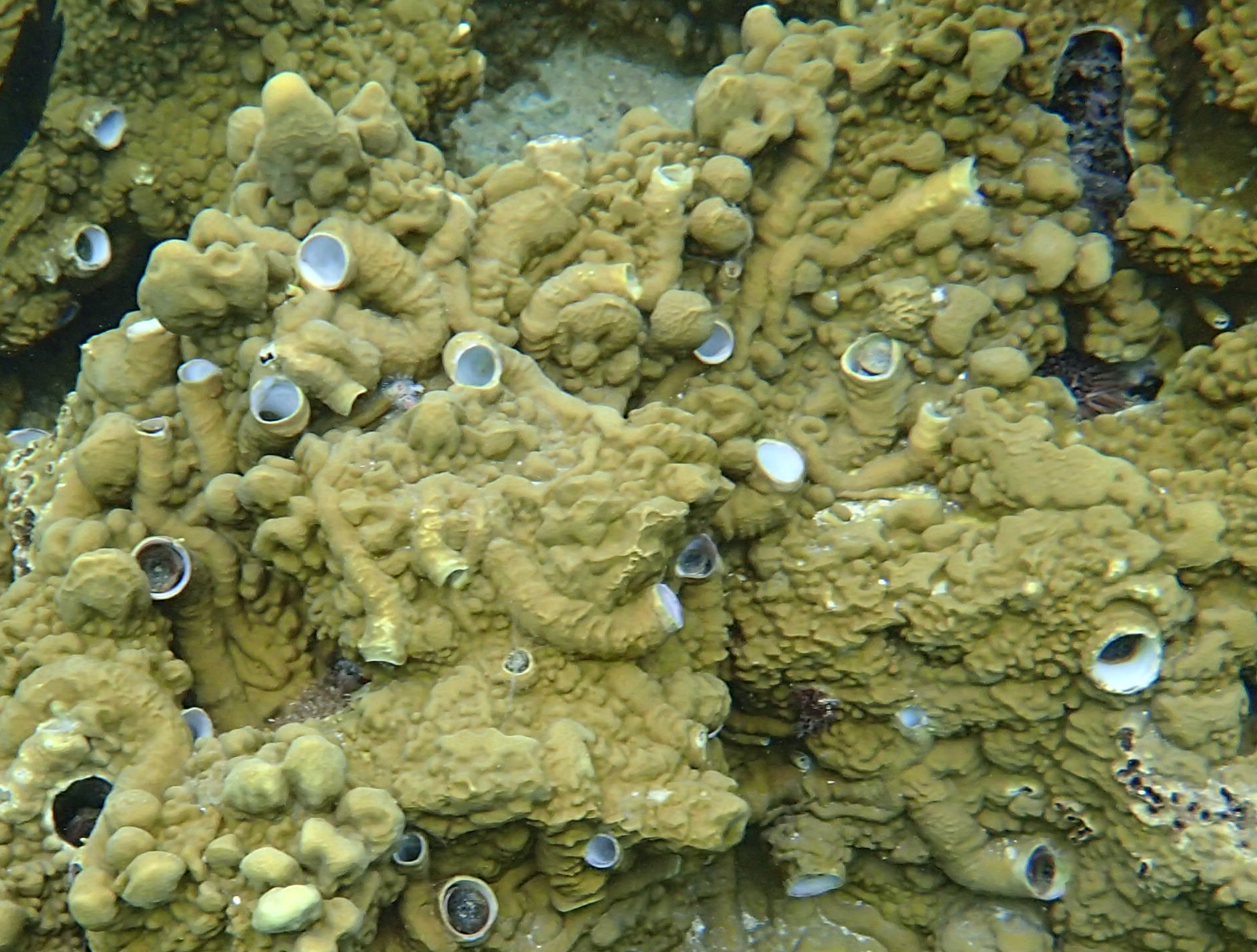
Principal Investigators
Grant
A consequence of coral declines includes increased competition with macroalgae (Bellwood et al. 2004) and proliferation of harmful microbes (Dubinsky & Stambler 2011). Indeed, effects of algae can be mediated by changes in microbial communities. Despite the importance of microbes, the interplay between corals, algae, and their microbial communities in different environmental contexts is under-explored. Because microbial communities are sensitive to localized environmental conditions, I hypothesize that the effects of microbes (and hence the effects of algae) on corals will be context-dependent.
Specifically, I focus on the importance of water flow, which is known to have a direct effect on corals, algae and their interactions. Previous studies show that low flow conditions are stressful for corals ((Lenihan et al. 2008). Algae outcompete corals more frequently in low flow compared to high flow, potentially due to increased retention of noxious chemicals (Brown 2012). In addition to the variation in flow generated through oceanographic processes, there are biological factors that can modify, and specifically decrease flow.
I will focus on the vermetid gastropod, Dendropoma maximum, which is considered a stressor of corals as it can severely reduce coral growth and survival, and has increased greatly in abundance (Shima et al. 2010, 2013). D. maximum feeds by producing a large mucus net. This net lies atop the coral and likely creates conditions that mimic low flow, and may promote changes in local chemical conditions and shifts in microbial communities.
As a result, I predict that the effects of algae on coral will be intensified in the presence of vermetids. The synergistic effects of algae and environmental conditions that harm coral (i.e., low flow and vermetids) will hasten coral declines; thus it is critical to identify them, explore the underlying mechanisms, and identify the conditions under which they are most severe.
